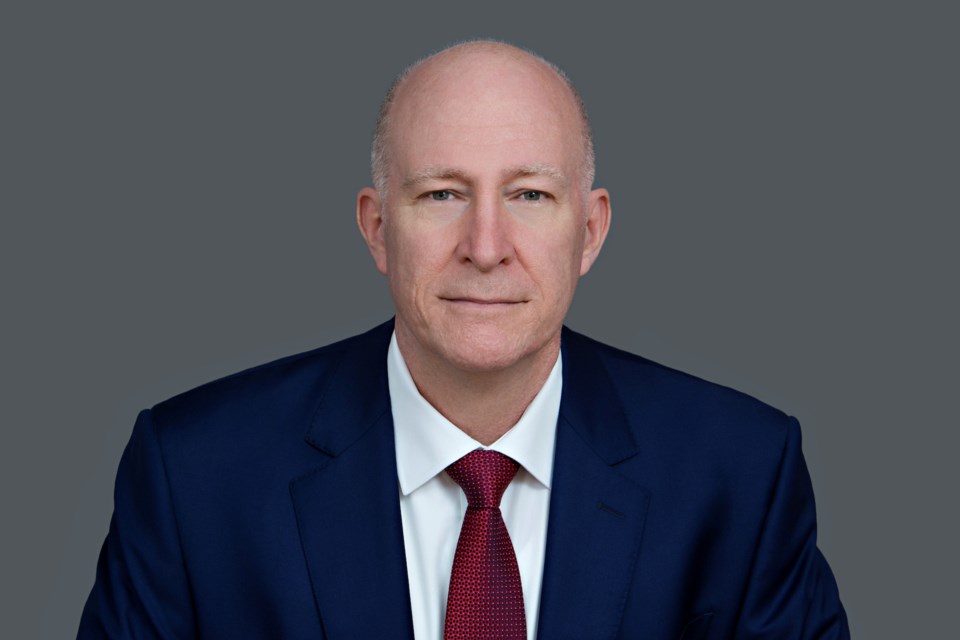Jobs and getting businesses and organizations back up and running are top concerns for the Liberal St. Albert-Edmonton candidate.
This is Greg Springate’s second shot at a federal seat, and he's banking on the second time being the charm when voters cast their ballots on Sept. 20.
Springate, an Edmonton resident since 2004, is a Chartered Professional Accountant and a tenured assistant professor at MacEwan University. He has also taught courses at NAIT.
Currently, Springate is on a sabbatical doing research on intergenerational equity and financial sustainability, which he said is looking at how we make sure the actions the current generations make don’t impinge on future generations.
“For example, build a bridge and the current generation gets to travel back and forth across the bridge. Well, if they spend the next 30 years paying for this bridge, is that fair?”
In the 1990s, Springate worked for the Auditor General of Canada and said he has a pretty good feel for how government actually works.
In the early 2000s, he worked for Petro Canada on the East Coast and audited offshore oil projects including Terra Nova, White Rose, and the Portland Montreal pipeline.
Springate said he is running because he feels like his background in finance could be helpful in tackling the federal debt.
“I've got a financial background, and I'm also someone with a social conscience. I'm a long-time Rotarian. And I really believe it's important to be an active member of the community that you live in,” he said.
The candidate said the federal government should be judged on its COVID-19 measures and his party is looking for feedback. They want to find out if the public supported how the party responded to the pandemic.
Springate said one of the most important issues in this election is jobs and said $10-a-day daycare is part of the solution.
Springate added topics like Pharmacare, tax reforms, indigenous issues, and climate change are all on the Liberals' radar, but assessing the public's priorities coming out of a pandemic is not easy. The professor said it will be interesting to see which priorities Canadians focus on after the pandemic.




